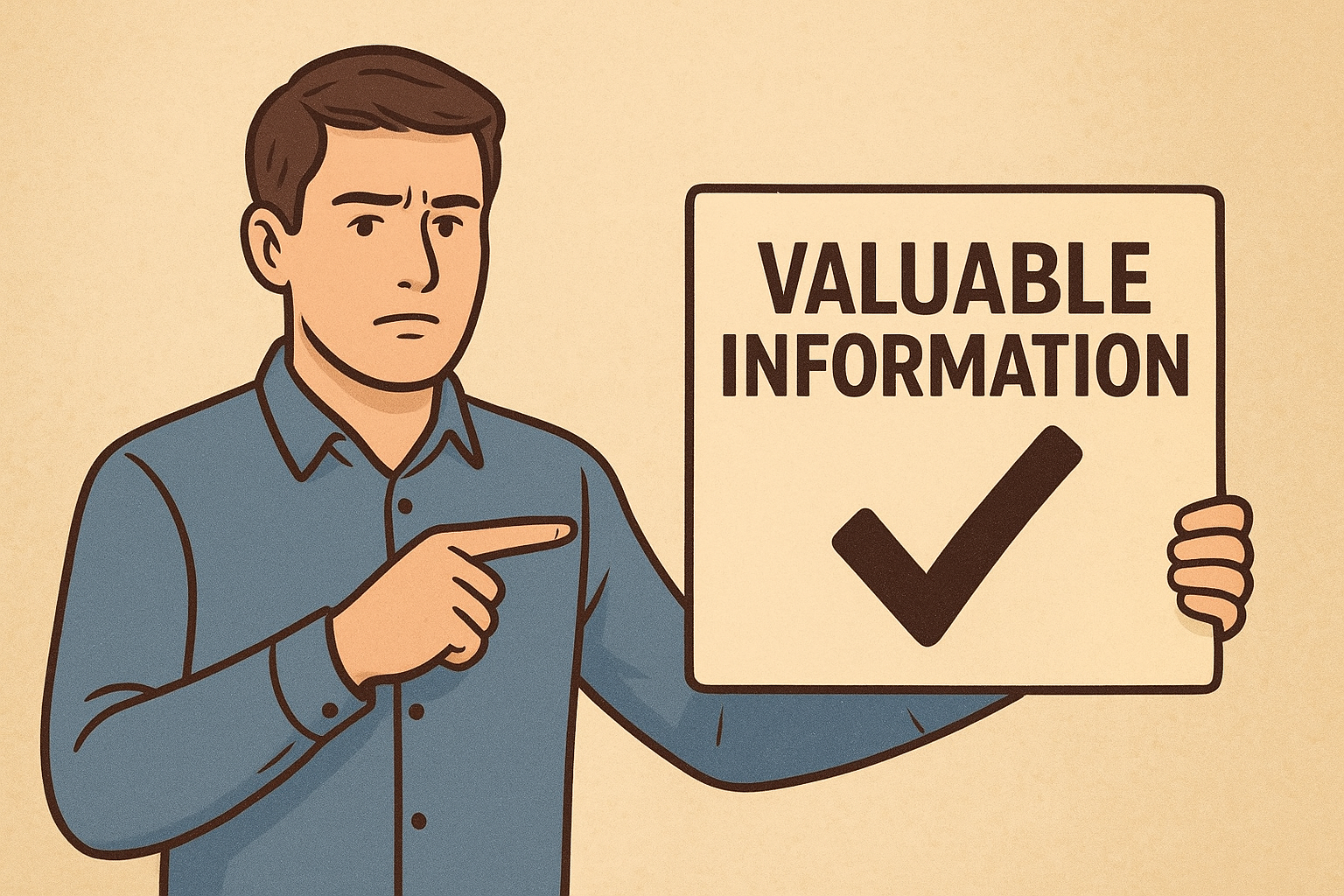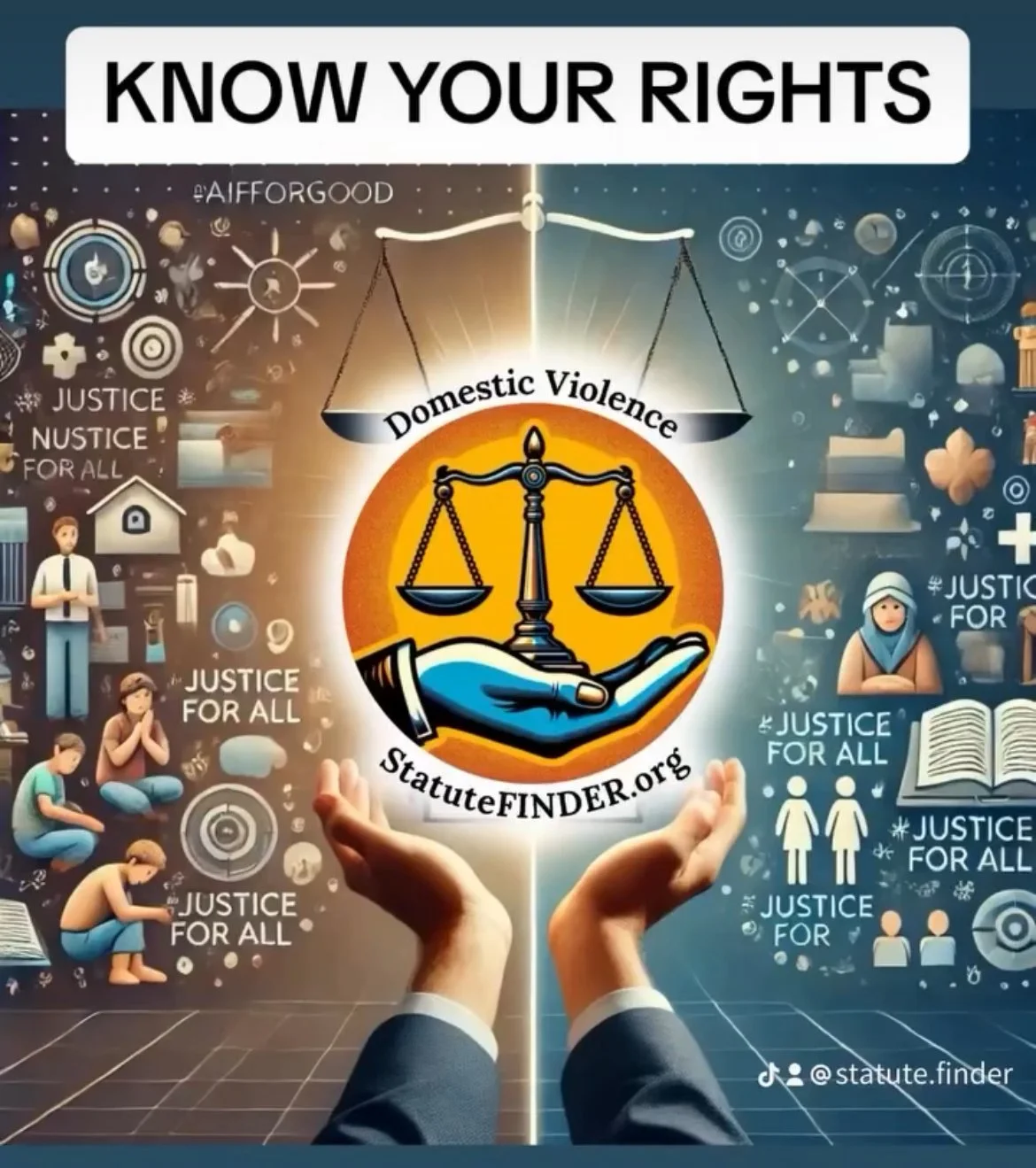Top 5 Myths About the U.S. Legal System for Domestic Violence Survivors
How the free StatuteFINDER free app Can Help You Separate Fact from Fiction
Busting myths to shed light on the truth, from Miranda rights, verbal contracts, being sued with out notice, public defender right, to even ignorance of the laws, and how StatuteFINDER can be of service you when you are confused.
As of September 28, 2025.
Introduction
The U.S. legal system is significant to understand, but many are unfamiliar and confused by the law. Unfortunately, not many U.S citizens fully understand what to do and what not to do when navigating the legal system because they are misled by the media.
In this blog, we’ll go into depth about the five common myths in the U.S. legal system and the truth behind them. We’ll also show you how tools like the free StatuteFINDER app can guide you through legal information to help you stay informed.
Myth #1: You can’t be sued without knowing it
Truth: Yes, you absolutely can be sued without your knowledge. The reason is that, while the law requires people being sued to be notified of a lawsuit, incorrect addresses, mail delays, or failed delivery attempts can leave you in the dark. Worse, a default judgment can be entered against you if you miss a court date.
You can use the free StatuteFINDER app to understand how civil court notices work in your state and what to do if you’ve missed one.
Myth #2: If it’s not in writing, it’s not a contract
Truth: Verbal contracts can be legally binding; however, having a written contract is significant if someone doesn't follow the rules of the contract or says that the contract never existed. Contracts can be hard to enforce without evidence that the contract was made.
If a contract involves loan agreements or real estate, the law requires that there be a written contract. Yet for things like handshake deals, freelance work, or selling personal items, verbal agreements may still count.
Myth #3: If you weren’t aware it was illegal, you can avoid getting in trouble
Truth: In most cases, if you break the law, ignorance is not a reliable defense in court. However, in certain cases, laws have been unintentionally broken, such as newly enacted laws, laws in a different state with different traffic laws, or committing a crime with a lack of specific intent, which can be a valid excuse in court.
With StatuteFINDER, you can easily avoid mistakes that could get you incarcerated; the app can find facts that are easy for people unfamiliar with the law to quickly grasp key information.
Myth #4: You always have the right to a free lawyer
Truth: Yes, you will always have the right to a public defense lawyer in a criminal case. The U.S. The Constitution guarantees that people facing imprisonment are entitled to a public defender if they cannot afford a lawyer.
In civil cases, however, that privilege doesn’t apply. There is no constitutional right to a free lawyer, but civil legal aid programs are available to those who cannot afford a lawyer. Additionally, StatuteFINDER can assist you by providing clear explanations of legal terms and procedures, enabling you to advocate for yourself or seek assistance.
Myth #5: It is required for police officers to read Miranda rights when you’re arrested
Truth: Police do not have to read Miranda rights immediately upon an arrest. They only need to be read if the police are questioning the detainee after an arrest. However, if the officer didn’t read the detainee’s rights and they start to confess valuable information leading to their imprisonment, the police will be unable to use their confession in court.
Confused? StatuteFINDER breaks down common legal procedures like Miranda rights, searches, and arrests, helping you understand your rights.
Final Thoughts
Law is a powerful tool and shouldn’t have to feel like an unsolvable puzzle. Proving these myths to be false helps clarify factual information and avoids confusion caused by misinformation.
Relying more on trustworthy tools such as StatuteFINDER can give you a better understanding of your rights, responsibilities, and how the laws operate because the best protection in any legal situation is knowledge.
How to Use StatuteFINDER
If you want to learn more about StatuteFINDER or how to use the StatuteFINDER app, click the video below:
Guest Author: Brenda Gallello
Brenda Gallello is a passionate law student pursuing her passion in criminal and civil law. She actively participates in debates, volunteers in a political campaign, and aspires to learn more about criminology and psychology.
Works Cited
Accel Admin. “When Can Ignorance of the Law Be Asserted as a Defense Strategy?” Cockrell Law Firm, P.C., 6 Dec. 2023, www.cockrelllawfirm.com/blog/can-ignorance-of-the-law-be-presented-as-a-legitimate-defense/.
Adam, Kyle. “Are Verbal Contracts Legally Binding? | LawDepot - LawDepot.com.” LawDepot, 12 Oct. 2023, www.lawdepot.com/resources/business-articles/are-verbal-contracts-legally-binding/. Accessed 11 May 2025.
“Contracts | Legal Information Institute.” Cornell.edu, 2023, www.law.cornell.edu/wex/category/contracts?page=41. Accessed 10 May 2025.
“I Was Never Served with a Lawsuit, Do I Need to Go to Court?” Illinoislegalaid.org, 2025, https://www.illinoislegalaid.org/legal-information/i-was-never-served-lawsuit-do-i-need-go-court Accessed 10 May 2025.
New. “How Legal Papers Are Delivered (Service) | NY CourtHelp.” Nycourts.gov, 2021, nycourts.gov/courthelp/goingtocourt/service.shtml. Accessed 12 May 2025.



